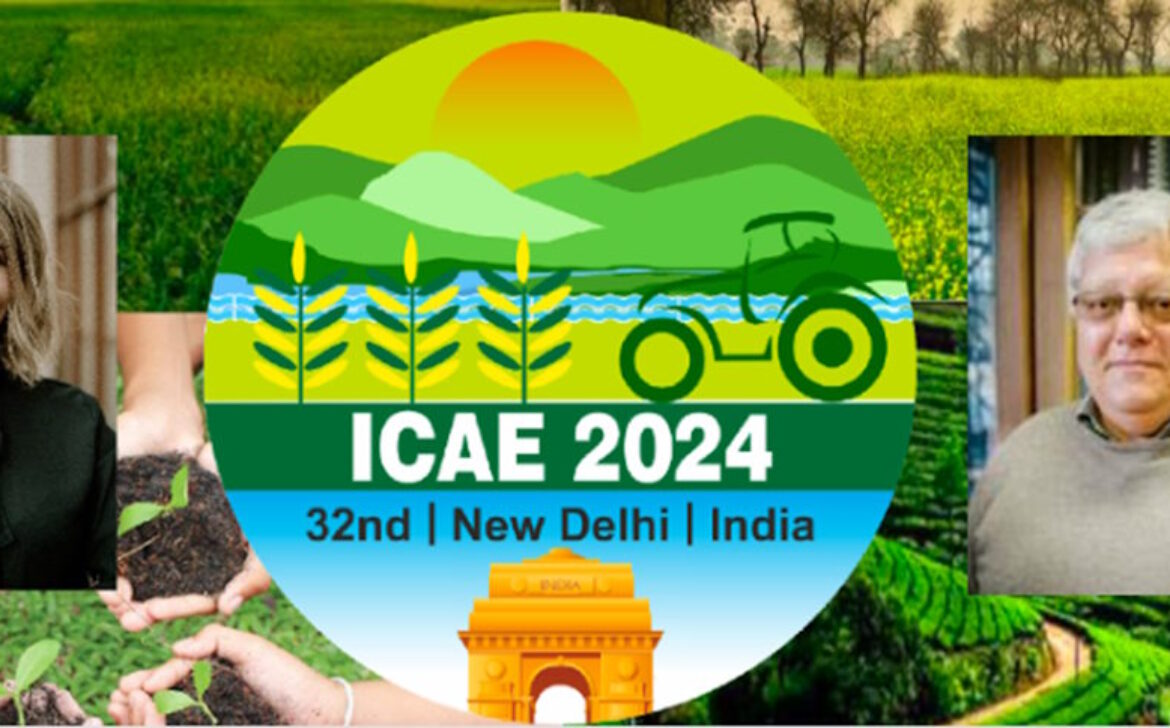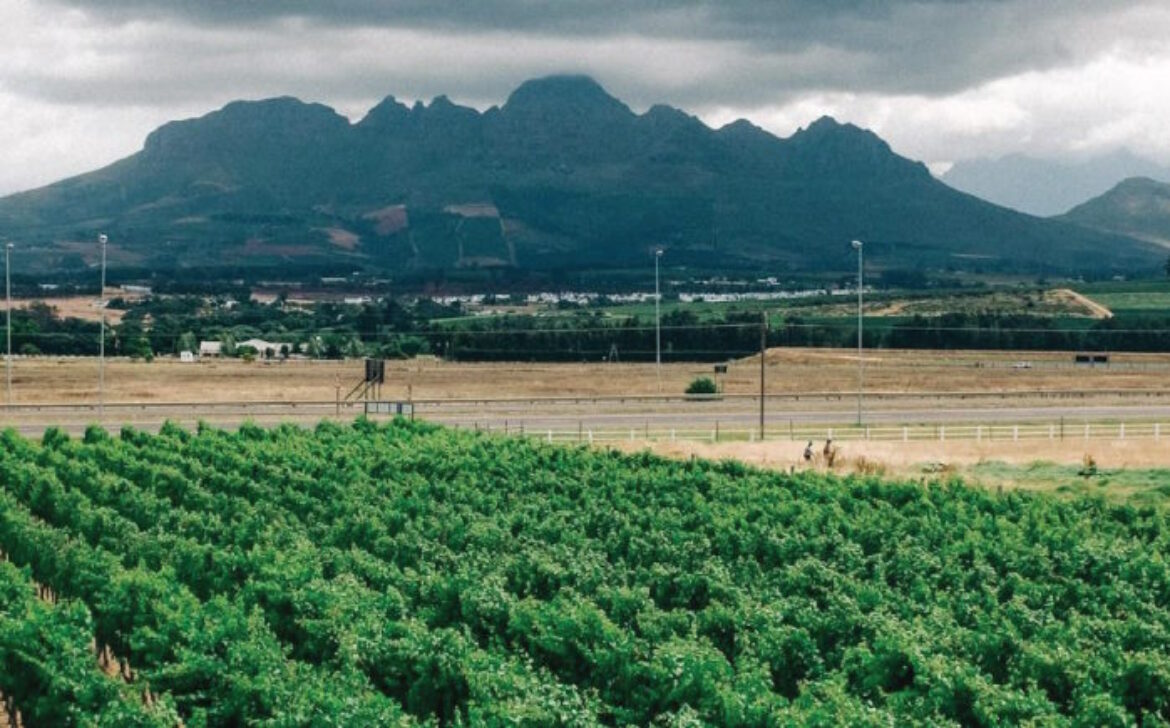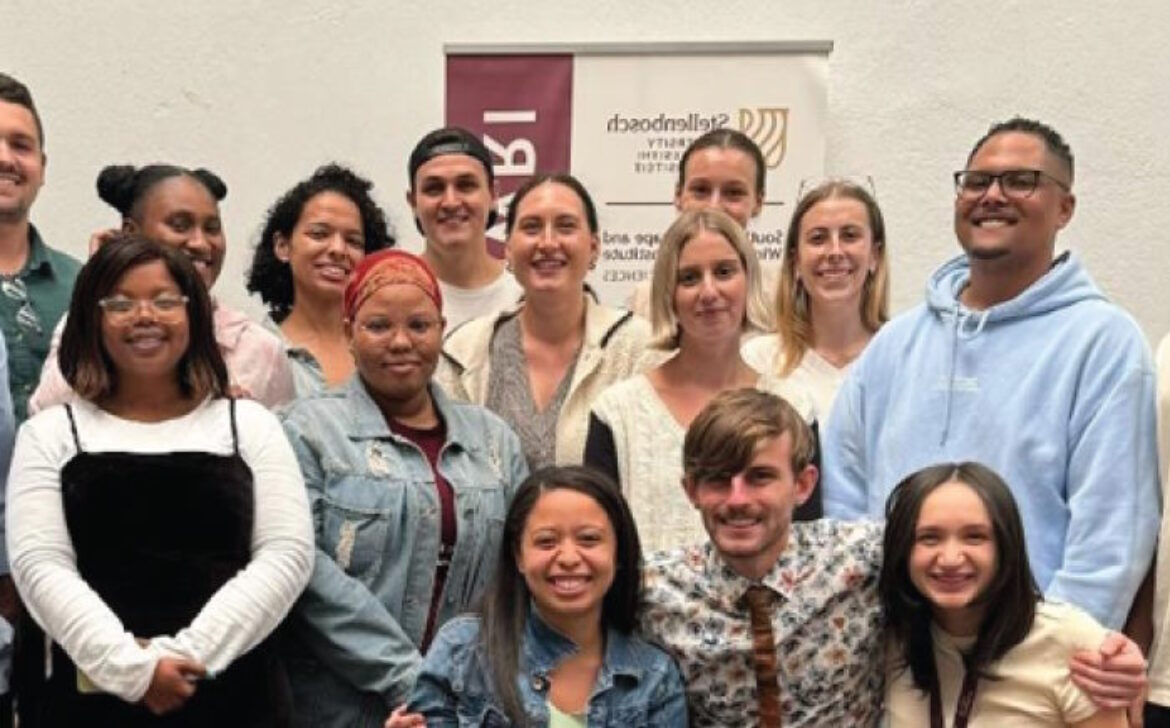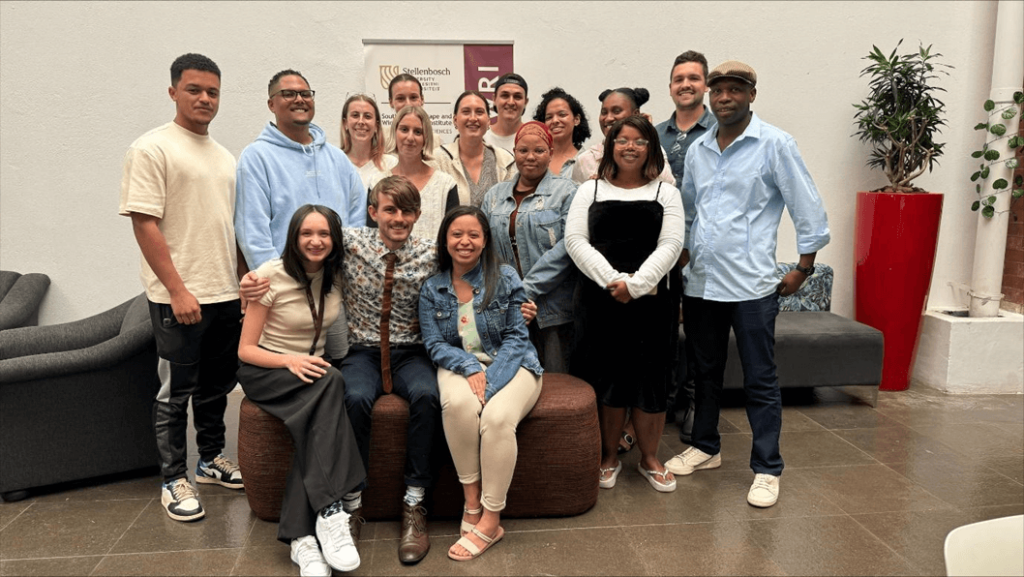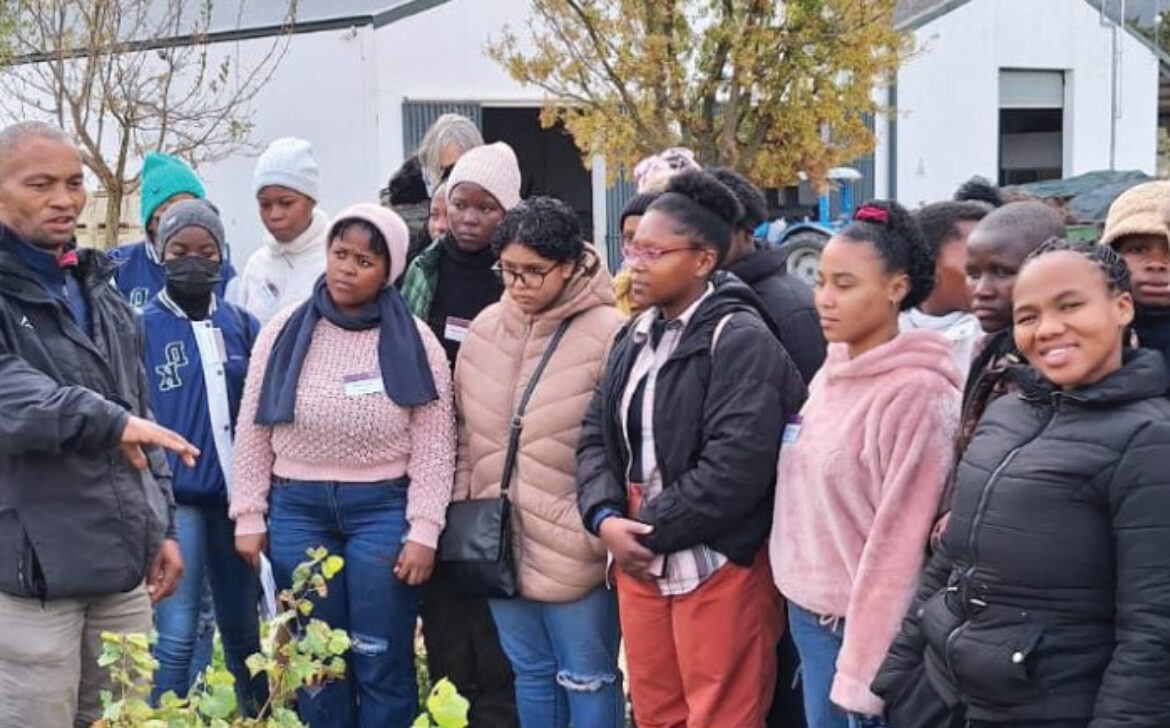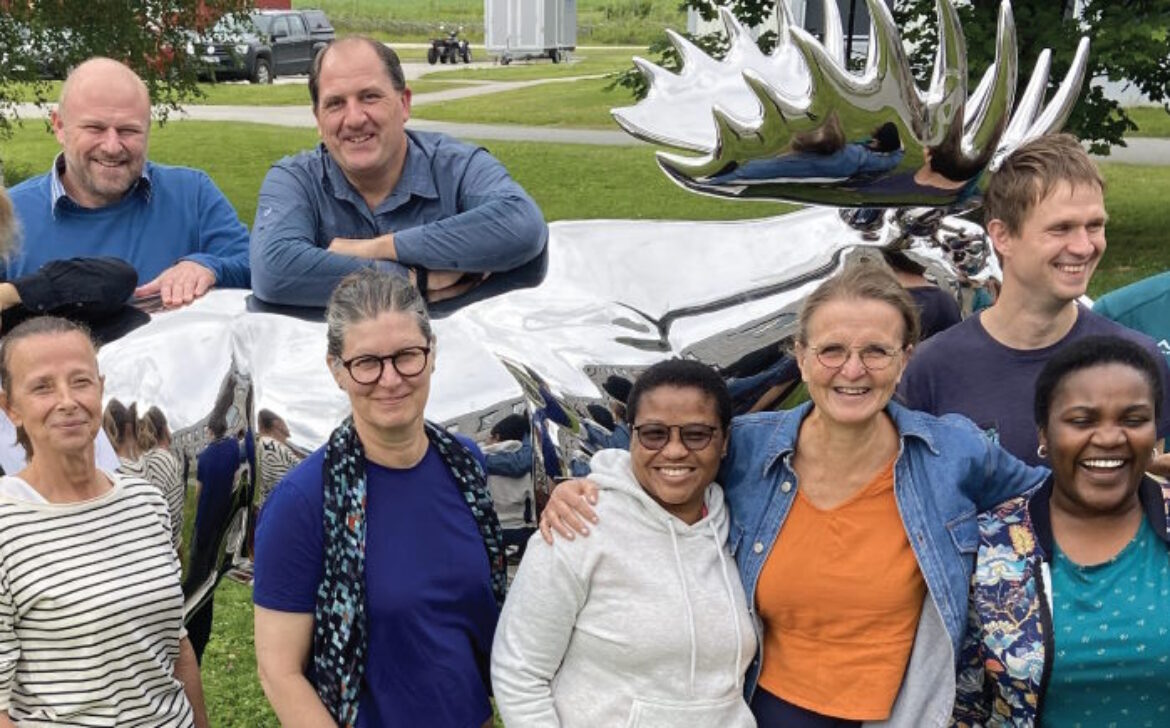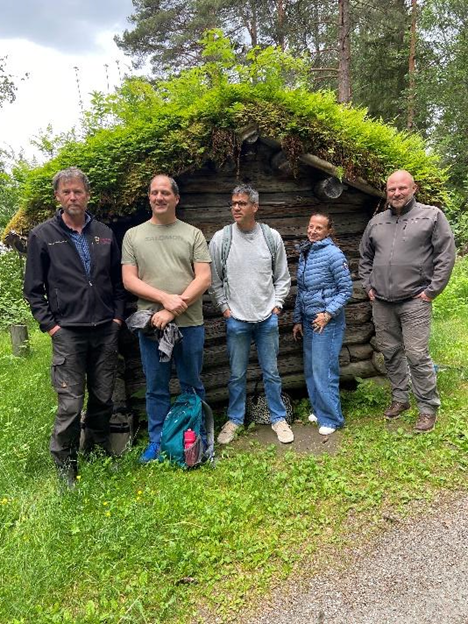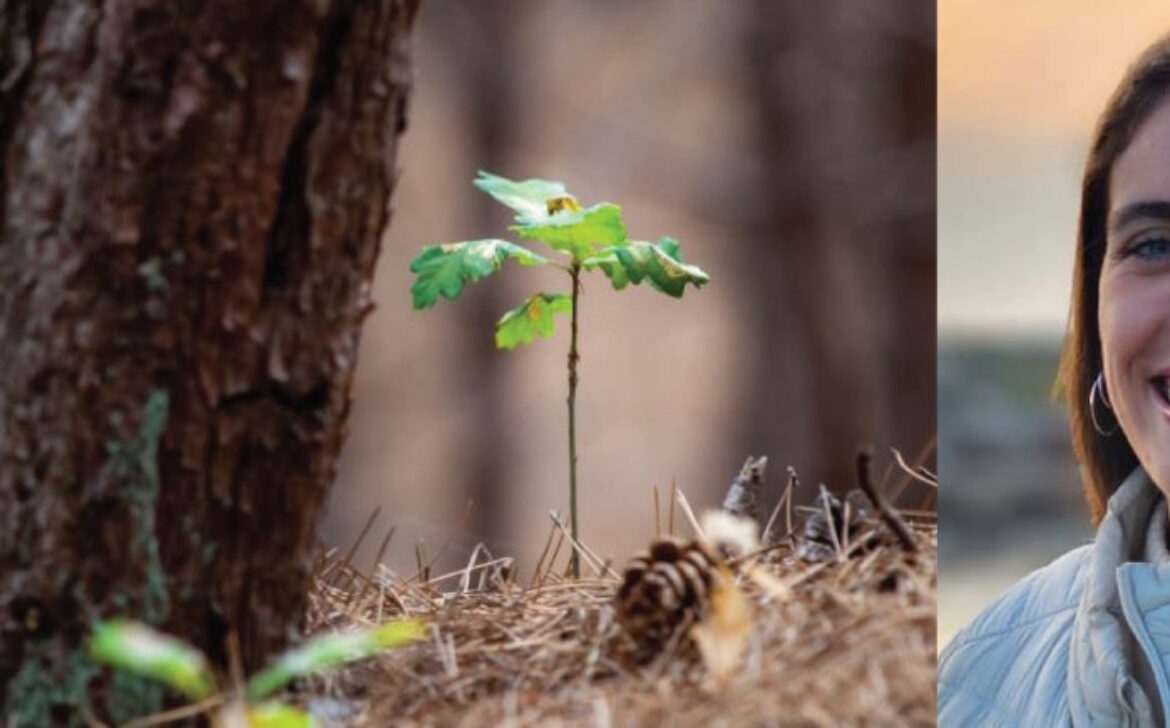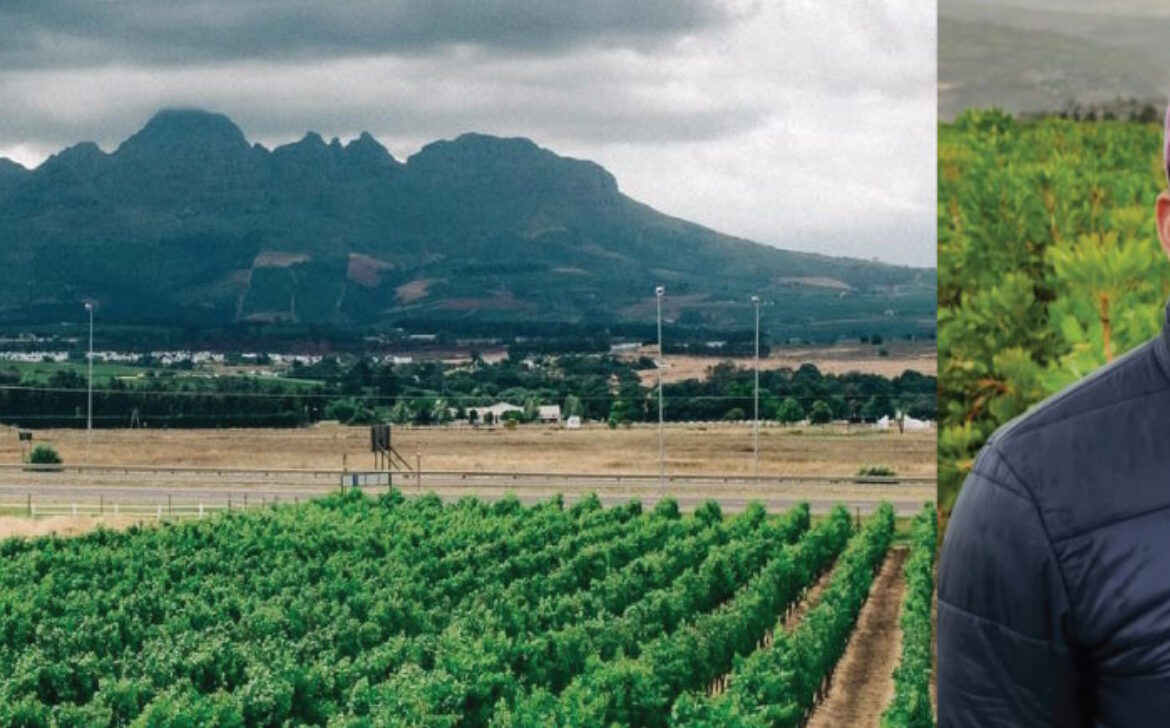On June 16, 2024, the Department of Viticulture and Oenology (DVO) within the Faculty of AgriSciences, in collaboration with the Department of Agriculture, Land Reform and Rural Development (DALRRD) and the Cape Winemakers Guild (CWG), welcomed 22 matriculants from across the country for an exciting Viticulture and Oenology winter programme.
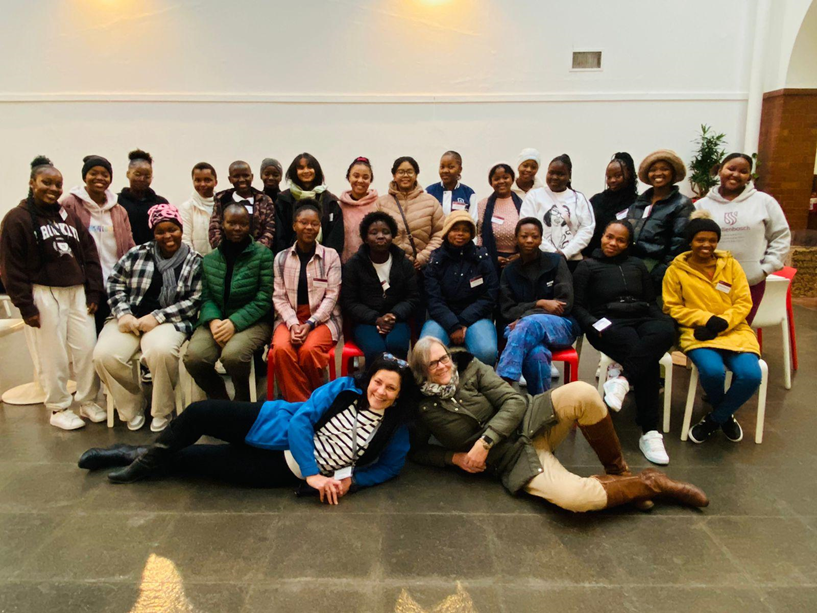
The learners were accompanied by Prof. Maret du Toit, Monika Basson, Votelwa Ndana (DALRRD), and Russia Maluleke (DALRRD) for the week-long programme. The week kicked off with a lively drumming session, setting the stage for an incredible week of learning, exploration, and friendship. The programme included introductory sessions on the DVO and Elsenburg Agricultural Training Institute degree programmes, a Sensory Workshop, and Vineyard and Cellar tours to various wine farms.
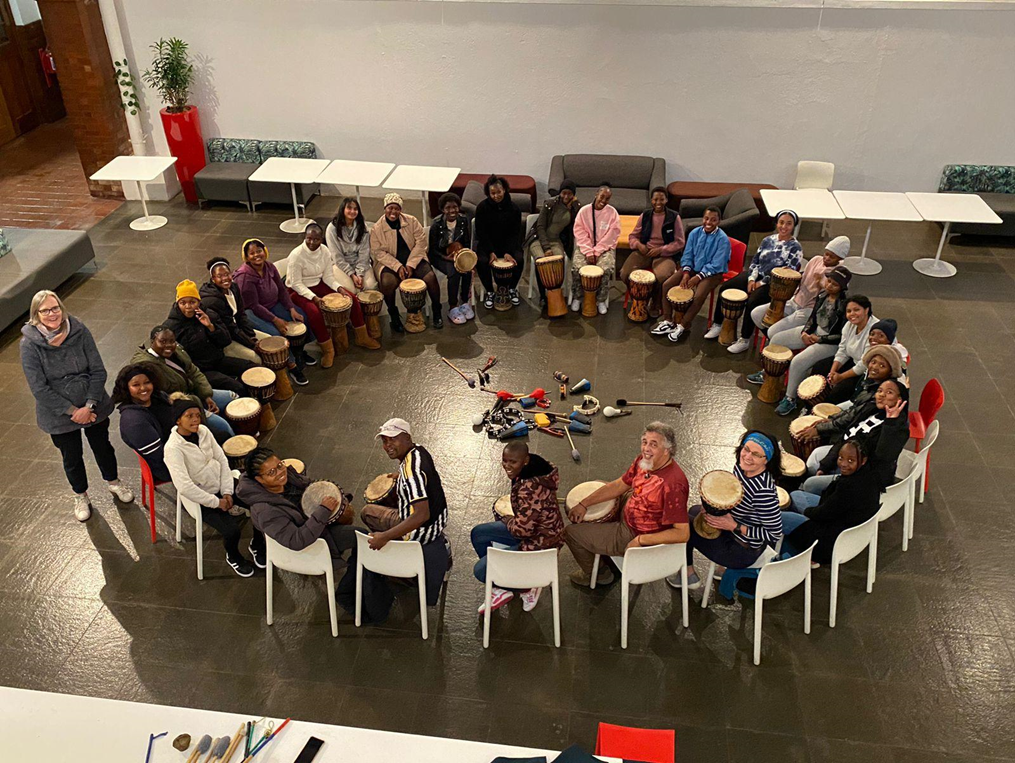
Below are some reflections from staff and learners:
Prof. Maret du Toit (DVO) said, “Watching these learners immerse themselves into the organized programme with everything being new was inspiring, seeing their amazement and their WOW moments with every visit and interaction with mentors or role models from industry, has been truly rewarding and heartwarming on our youth and their future contribution to the country. It was a privilege to witness their newfound excitement for their future studies and life opportunities, knowing that this experience has broadened their horizons and ignited their passions, reminding me why I love what I do.
Quinetha Links (Diazville High School) remarked, “The wine industry is incredibly diverse, with a wide range of producers, regions, grape varieties, and styles. It’s a dynamic industry influenced by factors like climate, geography, and consumer preferences. Its allure lies not only in its diverse flavours but also in its ability to connect people across borders and generations. Getting to visit KWV and seeing how they make their wines was a dream come true. I have always been impressed with their impressive stature in wine production.”
Zikhona Vakele (Usasazo High School) shared, “The highlight was visiting Bosman Adama. I didn’t realise how much work goes into growing grapes; I underestimated that part. It was so much fun and interesting to learn about all the steps and processes you have to go through to get good grapes to make good wine.”
Patricia Leshilo (Derek Kobe) said, “Meeting all the Protegés and listening to their journeys was the best part because at first, I was afraid of the transition. They helped me see and realise that having a different background does not define you, but it allows you to be strong and strive toward your goals. I used to think that only students from Cape Town were suitable for winemaking, but the Protegés changed all that. They also helped me overcome my biggest fear, which is change.”
A huge thank you goes to Magda Vorster (Protegé Programme Facilitator) for securing funding for most of the programme and being instrumental in making this program possible, to DALRRD for assisting with funding for transport and flights for the learners, and to all the wine farms and brands (KWV, Heineken, JC le Roux, Thokozani, Bosman Adama, Three Quarters Wines) who facilitated wine and cellar tours and exceptional talks for the learners. We also extend our gratitude to our current students and alumni who availed themselves to mentor and provide the learners with insights into the realities of Viticulture and Oenology.
We look forward to welcoming some of these learners to our AgriSciences programmes in 2025
Article and Photos supplied by Precious Canham






